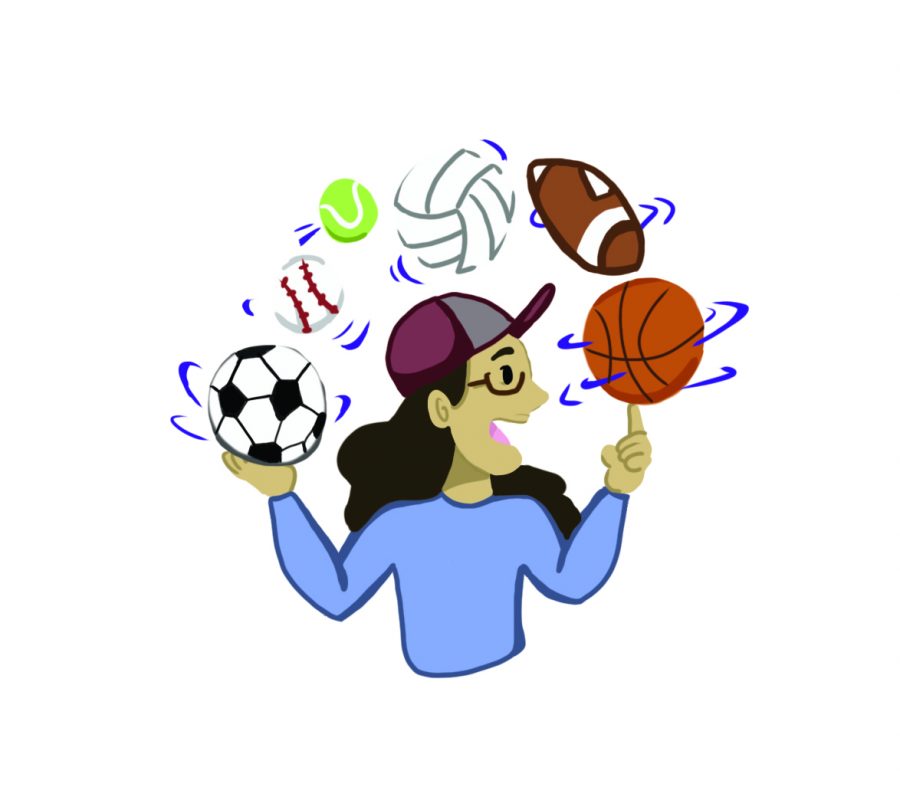Last week, Moise Kean, a 19-year-old black Italian soccer player, was subjected to incessant racial abuse from opposing fans during Juventus’ match against Cagliari. After Kean scored Juventus’ second goal of the game, he stood tall in front of the crowd with his arms outstretched as boos, whistles and jeers filled the stadium. After the match, his own teammate Leonardo Bonucci criticized Kean for his celebration and said that the striker shared responsibility for the racist fans’ actions. Massimiliano Allegri, Juventus’ coach, also placed blame on his young player, saying, “He should not have celebrated in that manner.” Following the episode, several other European soccer stars took to social media to support Kean. Unfortunately, this was not a lone incident. Racism runs rampant — not just in Italian soccer, but in all sports across the world.
From being mocked with monkey-like gestures on the field to having their homes vandalized, black athletes suffer the most at the hands of so-called sports fans.
English soccer star Raheem Sterling, who is black, has had to deal with unfair treatment his entire career from the media and fans alike.
In a recent interview, Sterling’s fellow soccer player and countryman Danny Rose opened up about his own frustrations with the lack of action from authorities and said, “How I program myself is that I think I’ve got five or six more years left in football, and I just can’t wait to see the back of it.”
From Adam Jones to Lewis Hamilton to Serena Williams, the abuse knows no bounds, no matter how successful or influential a black athlete becomes.
It’s a sad state of affairs that is only exacerbated by the demographic divide between the stars and their fans. In the NBA, for example, almost 75% of the league’s players are black, while fewer than 32% of fans are, according to FiveThirtyEight estimates from 2014.
Just last month, Oklahoma City Thunder star guard Russell Westbrook was involved in an altercation with a Utah Jazz fan after the fan made what Westbrook described as disrespectful and racist comments toward him. The Jazz rank number two in terms of teams with the whitest fan bases. Following the incident, the NBA fined Westbrook $25,000 for using profanity and threatening a fan. The Jazz banned the fan for life, and 22-year-old Jazz guard Donovan Mitchell issued a powerful statement on Twitter, denouncing the actions of the fan with the caption, “We have to do better… we will do better!”
Why do fans think it’s acceptable to treat players as if they are any less human? Why should the basketball court or soccer field be any different than anywhere else? Often, players are expected to turn the other cheek and refrain from responding to the personal insults and racial attacks barraged at them. And fans are able to get away with even the most egregious acts simply because they paid big bucks to go to the game in the first place.
While the Utah Jazz’s actions were commendable, and European soccer’s largest governing body is, at least on the surface, taking steps to promote social justice though its “Say No to Racism” campaign, I think it is clear that this isn’t enough. Until fair sanctions — like lifetime bans — are consistently imposed on fans, referees, coaches, commentators and others who use their position to attack or abuse athletes, we will continue to see more incidents like these. And that is bad for sports, our country and our world.
The Sports Girl is a weekly sports column that will feature a girl’s take on sports. Yes, a girl. Yes, on sports.
A version of this article appeared in the Monday, April 8, 2019, print edition. Email Bela Kirpalani at [email protected].


























































































































































